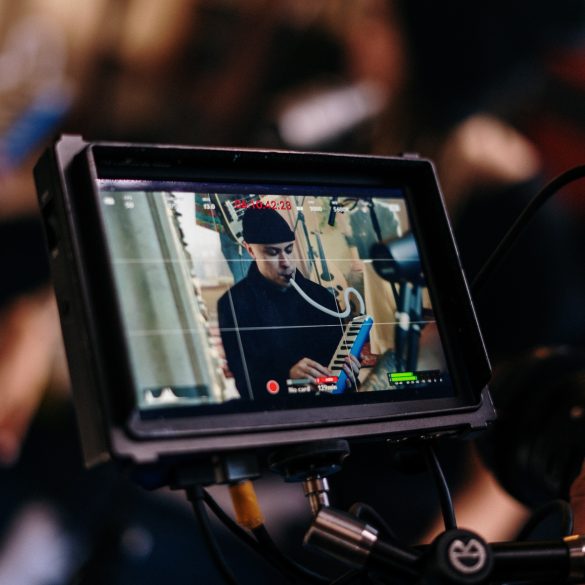

2. Without Pedal
Take away the pedal for now. The pedal makes you think more, use more brain matter when playing with it. To be able to concentrate on your piece better, remove that extra mind function and get to playing the piece perfectly first.
Once you got the piece memorized and playing flawlessly with muscle memory, you now can add the pedal. It will be somewhat easier now as you incorporate pedal playing with your piece.

2. Record Yourself
This will be hard for introverts and those with performance anxiety. But hear me out first, Recording yourself helps you to get used to being “watched”. This will help your nerves during a real performance in front of an audience.
Practice playing the piano and record yourself using your phone, tablet or camera. Anything goes as long as you can hit the playback and see what needs improvement. You can also log these practice session vids into a blog and see how you improve over time. But before playing, hit that record button!

3. Practice Performing without a Warmup
Ever notice how you always play best only after 15 minutes into your practice session? This is because you need time to warm up before you play well. The bad news is that you don’t have the luxury of warming up during a performance. You must get into it right away. It’s hard! I know this fact all too well.
So how do remember to practice/play when you are not warmed up at all? Do it right after dinner. a walk or a shower, etc. Help yourself get used to this feeling and you’ll feel better on stage.
So those are the tips I can give for those facing the performance of their lifetime. And one last tip, remember to sit straight at the piano, clear your mind and breathe. You got this!